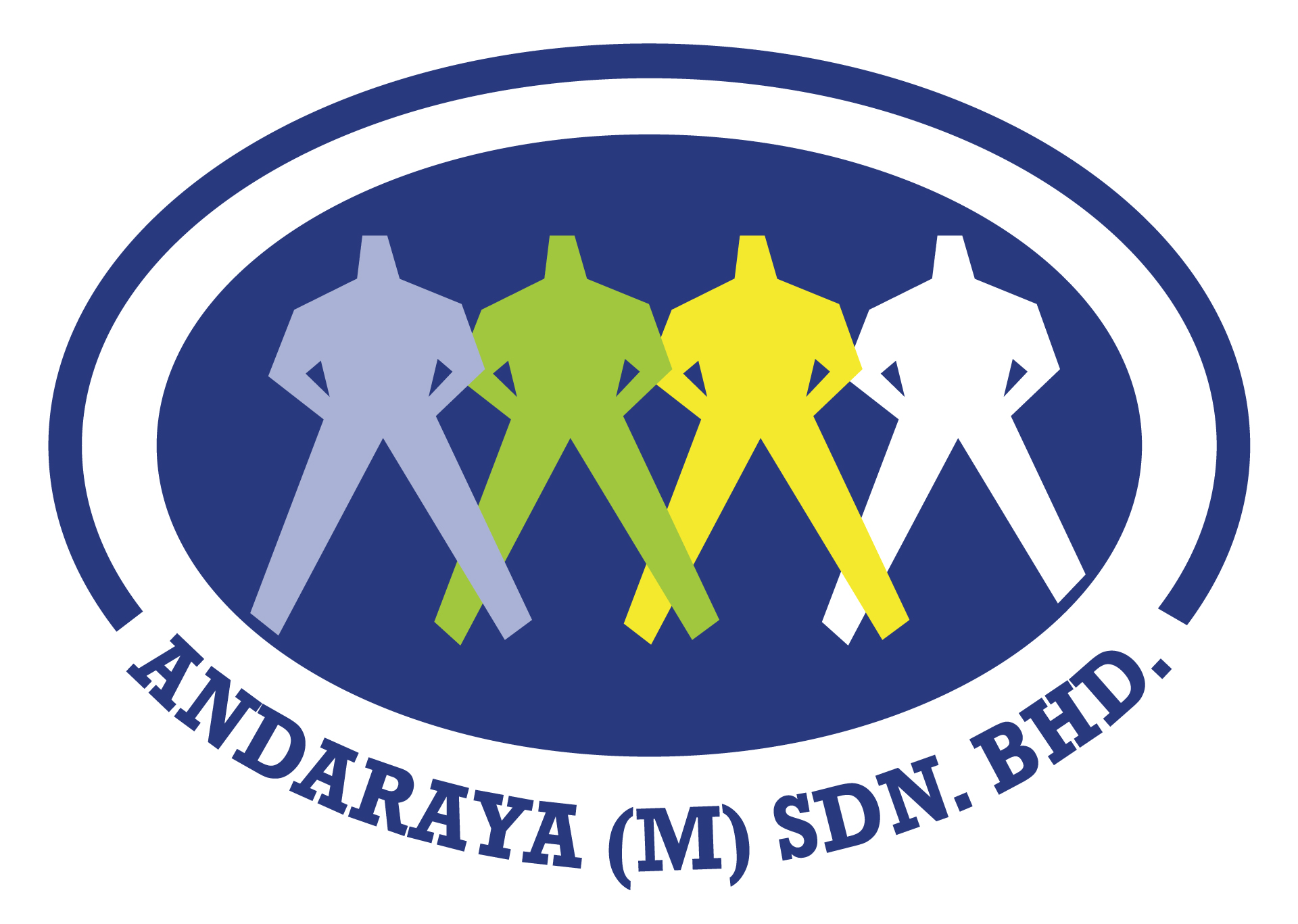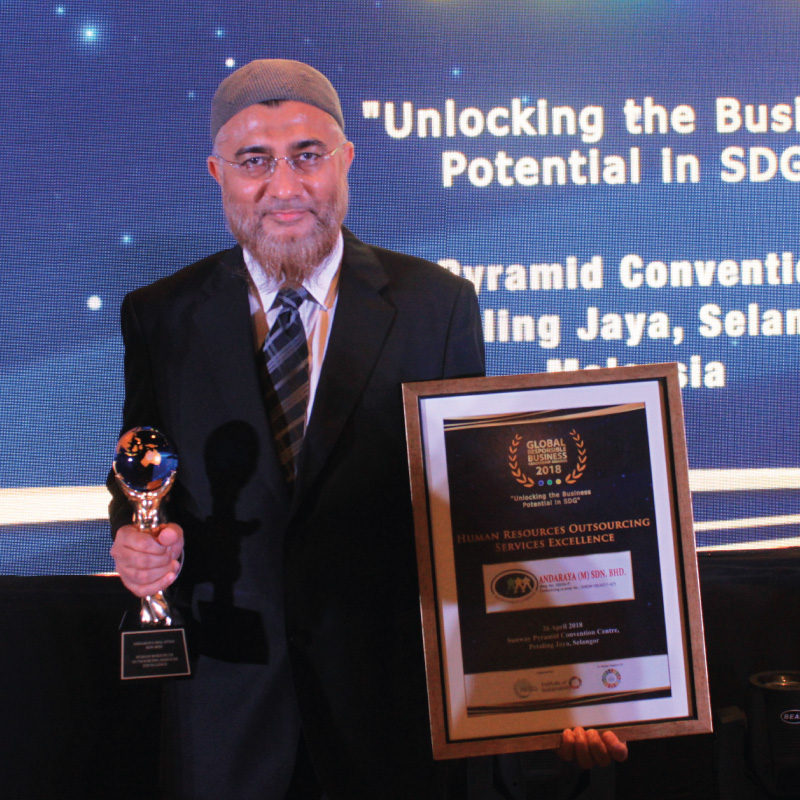Andaraya Group Malaysia is a leading multi-industry company specializing in Restaurants, Food Courts, Renewable Energy, G7-Certified Construction, Cleaning Services, Pest Control, Cargo & Logistics, Security Guard Services, Licensed Employment Agency (License C), Foreign Worker Management, and Travel & Tourism.
With a strong presence in Malaysia, we deliver high-quality F&B experiences, sustainable solar solutions, large-scale construction projects, professional cleaning and pest control services, and efficient logistics operations.
Our licensed employment agency provides expert manpower recruitment across various industries. Committed to innovation, reliability, and customer satisfaction, Andaraya Group continues to expand, offering top-tier solutions across multiple business sectors.
















